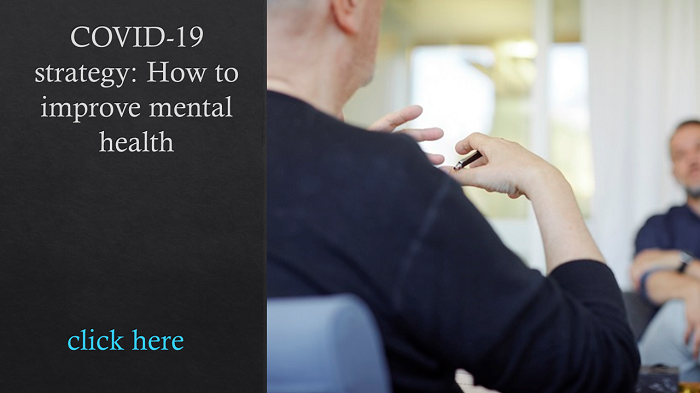As the new year approaches and COVID remains center stage for most businesses, HR leaders continue to face talent management challenges. While this is critical, experts say there’s another crisis that will impact this area, and many more, in 2022: wellbeing.
Jan Bruce, CEO and co-founder of digital workforce solutions platform meQuilibrium, says that, without employee wellbeing as a focus for HR in the coming months, productivity and profitability will suffer.
With that, Bruce predicts employers will take what she calls a “head first” approach to wellbeing in an effort to reduce costs, manage attrition and enable a successful post-pandemic transformation.
“The biggest challenge facing employers in 2022 is to be able to predict and prevent employee mental health problems early–before they have a negative impact–and create a culture of [healthy] mental wellbeing,” Bruce explains, adding that mental health problems are more pervasive than ever, given the stressors of the pandemic and other social issues.
Related: ‘We have a crisis’: HR’s mandate on mental health
To face that challenge, employers need to emphasize prevention, boost awareness and address stigma while also helping employees manage symptoms of mental health problems early. She says enlightened businesses put in place comprehensive programs that tap into emerging technologies to identify who is at risk.
 “Increasingly, employers will look to data-driven insights to understand the mental resilience of their workforce and address vulnerabilities proactively,” she says.
“Increasingly, employers will look to data-driven insights to understand the mental resilience of their workforce and address vulnerabilities proactively,” she says.
Bruce adds that, by taking workplace mental health seriously and working to predict who is at risk for problems, employers can see a payoff in improved work performance and a profound change in organizational performance.
HR has an important role in bringing insights on employee mindset, derived from real-time predictive analytics, to business leaders, she says. In particular, this work must highlight any widespread risks to resilience, including stress, resistance to change-readiness and challenges in embracing growth.
“The pandemic underscored for HR leaders that workforce performance and wellbeing are interdependent and essential to managing through change and crisis,” she says. “The complexity of the [COVID-19] crisis–and its ongoing effects–emphasized the advantage of a sustained, systematic approach to ensure that every individual is capable of living and working at their best.”
According to a statement from meQuilibrium advisor and former Congressman Patrick Kennedy, a leading voice on mental health and addiction, a related positive trend emerging as 2022 dawns is that younger generations in the workplace are embracing efforts to address mental health issues like never before.
“This isn’t just great in terms of awareness and anti-stigma, it’s great in terms of the pressure they will ultimately put on healthcare systems–often via their employers–to move to an integrated model of care that treats the body and the mind,” he says.
 Employers must help their workers prioritize self-care, giving them time to disengage from work and manage their own wellbeing and family responsibilities, says Bruce. If they don’t proactively address “overwhelm,” she adds, employees will continue to disengage and resign–complicating the already complex issues around retention and hiring. Of note, meQuilibrium has found that the cost of burnout and the onset of mental health issues–including PTSD, related to lack of sleep, down-time and self-care–cost employers significantly more than preventive spending.
Employers must help their workers prioritize self-care, giving them time to disengage from work and manage their own wellbeing and family responsibilities, says Bruce. If they don’t proactively address “overwhelm,” she adds, employees will continue to disengage and resign–complicating the already complex issues around retention and hiring. Of note, meQuilibrium has found that the cost of burnout and the onset of mental health issues–including PTSD, related to lack of sleep, down-time and self-care–cost employers significantly more than preventive spending.
Kennedy says he’s “encouraged” by the “beginnings of a massive cultural shift in our society” on wellbeing–but that needs to continue in 2022.
At the start of this year, many employees thought they would be getting “back to normal,” Bruce notes, but the development of new variants and ongoing debates about vaccine mandates continued to delay that. At least in the early months of 2022, the pandemic and its impact on work will likely remain fast-changing and uncertain, Bruce predicts, which underscores the need for employer action on wellbeing.
“This new reality requires a whole new skillset to not just cope, but to actually feel good again in our lives,” she says.

